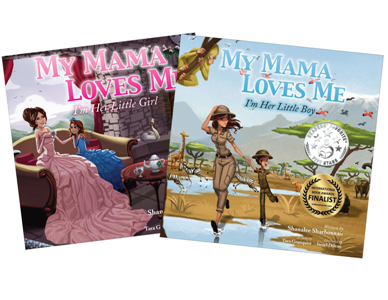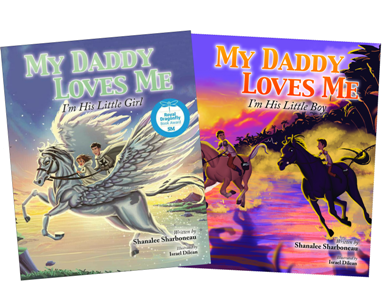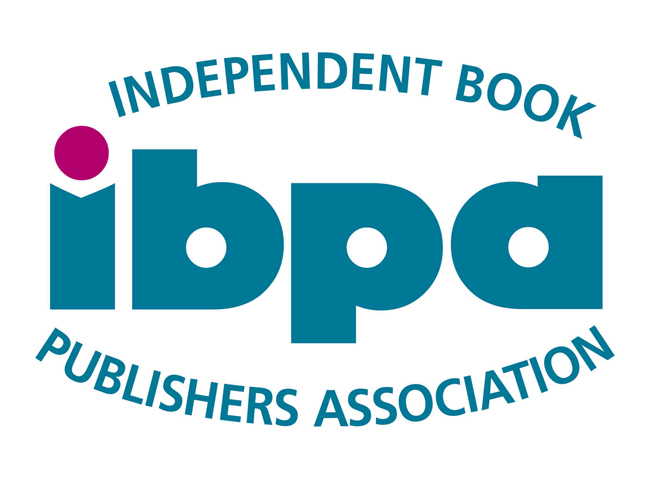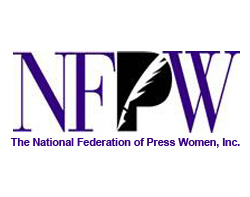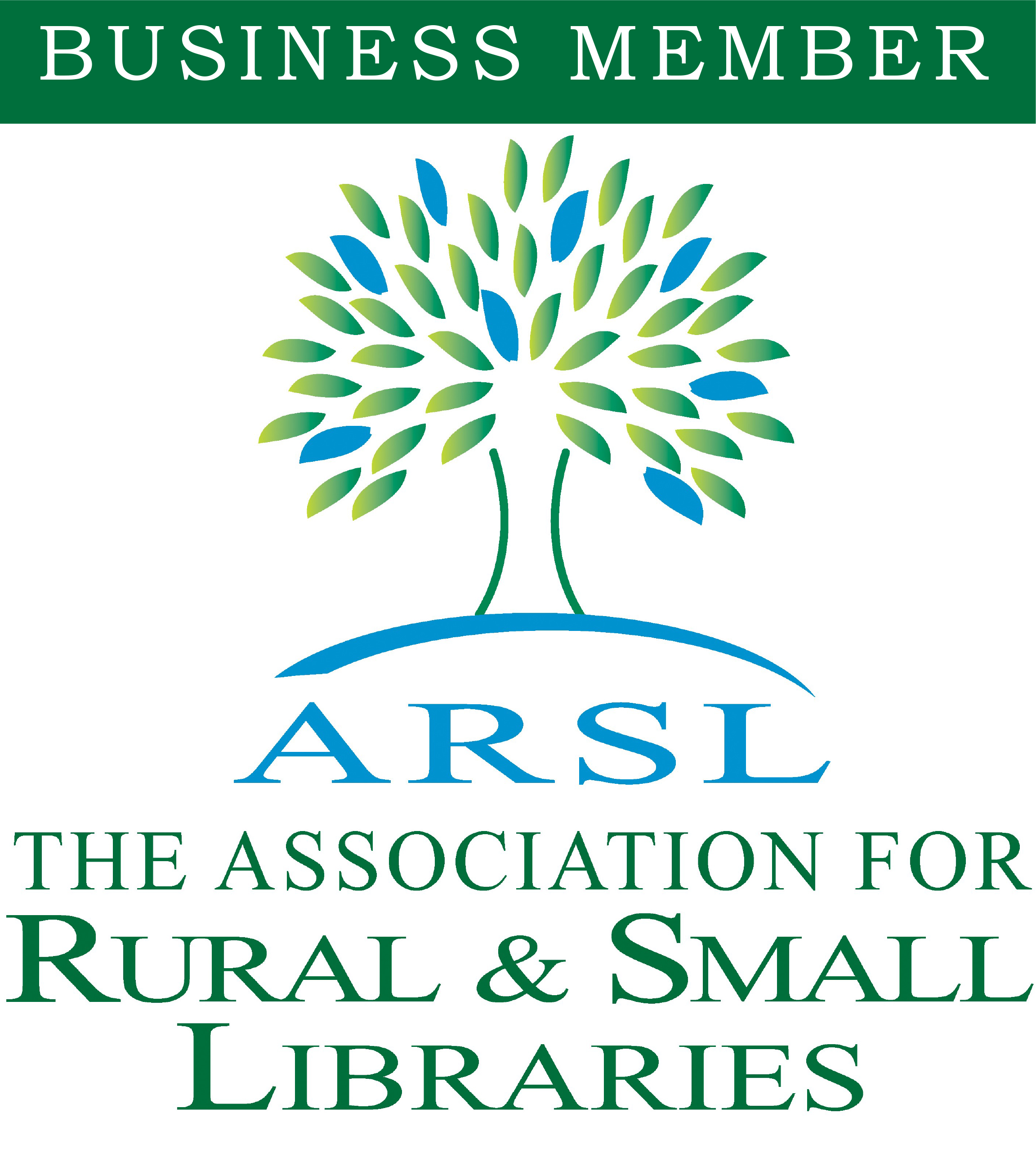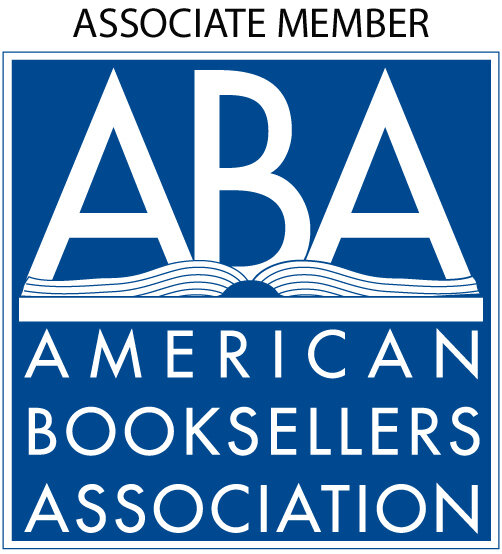Raising Me (To Become a Good Dad)
/by Paul Alan Ruben
As a child, I didn’t want to be like my father. I wanted to be him. As a son, I idealized and idolized him. His interests, beliefs, and feelings about the world defined my father. And me.
Evidently, I wasn’t alone. In his book, Under Saturn’s Shadow: the wounding and healing of men, noted Jungian psychologist, James Hollis, PhD, writes, “Every man carries a deep longing for his father.” Pulitzer Prize winning novelist, J.M. Coetzee, observes in his novel, Slow Man, “Those into whose lives you are born do not pass away.” These sentiments reflect my experience as a son. I’ve not met a man in my life who doesn’t feel similarly.
Unfortunately, my father wasn’t the ideal role model, to say the least. Growing up, I discovered early on that my father did not seem interested in me. I do not recall, for example, being praised, spending alone-time with him, doing whatever fathers and sons do that enhances their bond. Shocking as it may seem, I do not recall being told, “I love you,” ever. And his fiery temper left me as unsure of myself as I was of him.
Fast-forward to my becoming a father. The moment I looked down at my newborn son after my wife handed him to me, I vowed that I would be the parent and father I never had. For the first 12 years, if I do say so myself, parenting was a snap. I was an emotionally available dad, raising an effusive, loving, bright child. Hugs, kisses, praise, and “I love you” were my parenting staples. And when discipline was required, my actions and words informed my son that the object of my dismay was his behavior, not him. What I hid, however, was my lingering fear that eventually he would discover the truth—that I was not a good father, and that he would no longer love me.
At 13 years old, my son’s attitude took a turn that was as stunning as it was inconceivable: this wonderful dad’s wonderful little boy I thought I knew, had transformed into an adolescent whose middling grades no longer matched his super intellect, verified by every standardized test and his previous teachers’ report cards. But what most rattled me was my teenager’s dismissiveness, and his willful expressions of independence. He may not have meant it personally, but quite frankly, I took it that way. I regarded these behaviors as a rejection of me, as a referendum on just how ineffectual a father I was. Finally, the truth. I was a fraudulent dad! I did not deserve his love!
For the next few years, I found myself, more often than I care to recall, angrily responding to his adolescent sass the way that I had responded to my father’s rage: I withdrew emotionally, cloaking myself in silence, as if he didn’t exist. I shut down emotionally, vanished, and when he asked me if I was angry, I declared softly, flatly, “Me? No, why?” I could see that he was confused and hurt, but I was also hurt—too hurt to speak to him, too hurt and afraid to confront his various misbehaviors for fear he would withdraw his love for me. In short, I felt more like a wounded combatant than a dad.
Throughout my son’s adolescence and well into his twenties—especially when he lived at home with my wife and me while in graduate school—I often wondered, will my angry silences alienate my son, just as my father’s overt rage had alienated me? I feared this inner dialogue that replayed itself whenever any interaction created emotional dissonance between us—Why would he love me? I don’t—would create the outcome I most feared: father and son as intimate enemies.
I had to do something. I sought and benefited from various insights—garnered from reading about parenting, periodic counseling, and relentless introspection about what being a dad actually meant. Over time, I discovered that I could hoist myself up from my excuses-mat (it’s all my tough childhood’s fault) and become an adult dad and grown-up human being that both my son and I could be proud of.
Over the past decades, raising me has been a challenging process. That said, I have discovered various raising-me pillars that continue to validate my journey to becoming that father I aspired to when my son was born.
Be responsible for your behavior! The responsibility for how you treat your son isn’t your father’s, your difficult childhood’s, or your troubles at work. The responsibility for how a father treats his son is 100 percent the father’s, 0 percent the son’s, period. This parenting-responsibility principle is a process that commits you to acting as an adult dad and grown-up human being, and to taking responsibility for your parenting beliefs and behaviors, when they work and when they don’t.
Your feelings are your feelings, not the truth. Fathers are humans and all feel, at times, uncertain, inadequate, frightened, angry, even unloved. While these feelings are valid, because they emerge from within, they are feelings only! They do not reflect who you are: a good dad, a loving dad, who has always wanted the best for his son.
Be proud of YOU. Not because you are perfect or have all the answers. Rather, because you count. To yourself and your son. Think of it this way, how can a son be proud of his father, if a father is not proud of himself?
Reflect, Aspire, Actualize: It is unrealistic to imagine responsible parenting as a bar that, once grasped, means, Woo-hoo, I did it! Becoming a responsible dad and parent is a lifelong, three-pronged process: Reflection, Aspiration, Actualization. Consider your behavior, and in so doing, continue to refine the kind of dad you aspire to become. Then, difficult as it sometimes may be, make every effort to be that dad and human being.
See your son as his own person. In his seminal work, The Prophet, Kahlil Gibran speaks of our children: “They come through you but not from you, and though they are with you yet they belong not to you.” Your son is deserving of and entitled to a father who sees and values him for who he is. This means reinforcing your son’s sense of self-respect, self-possession, and self-love.
Let your son know that he matters. When in your presence, your actions and words must first and foremost tell your son: I see you. I hear you. I acknowledge you. I encourage you. I can disagree with you, critique you, punish you, while always respecting you. You are emotionally safe with me. I love you without condition.
In his book, Living an Examined Life, Dr. Hollis writes that successful parenting is located “…in the child who understands that he or she is seen and valued for who they are … It sounds so simple, yet proves so rare.” Today, my greatest raising-me challenge remains becoming the adult dad and grown-up human being I aspire to be. Rome isn’t built in a day. Nor a lifetime. I am, however, proudly building Rome.
Paul Alan Ruben is a two-time Grammy winning audiobook producer and author of the short story collection, Terms of Engagement: stories of the father and son. He lives in Brooklyn, NY.







